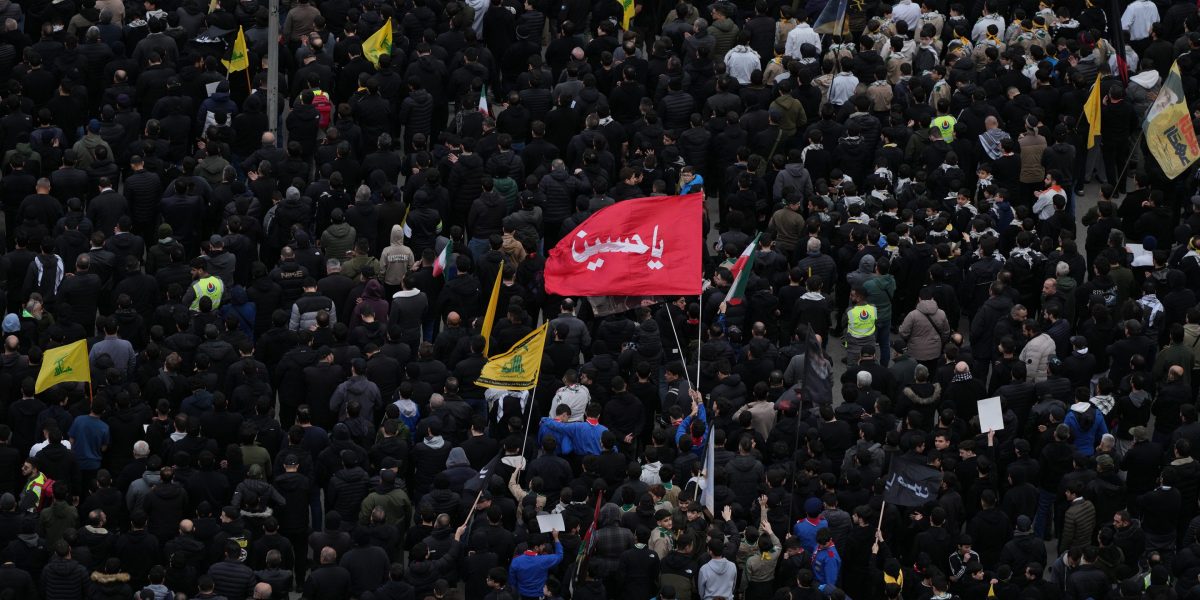Critics say the amendment could cement Munir’s control over Pakistan’s political structure at a time when the country faces economic distress and tense civil-military relations.
What are the proposed amendments?
According to Pakistani media reports, the 27th Amendment will alter Article 243 of the Constitution, which governs the appointment and command of the armed forces.Other proposals include:Creation of constitutional courtsStreamlining the appointment process of the Chief Election CommissionerRestoring executive magistratesTransferring the ministries of education and population welfare from provinces to the federal governmentReducing the provincial share in federal resources and ending its protection under the National Finance CommissionIf passed, these changes would significantly shift authority from provinces to the central government and the military.
Critics warn of threat to civilian rule
Former Senator Mustafa Nawaz Khokhar warned that the amendment would transform Pakistan’s power structure.“This move would completely alter the country’s infrastructure… Are you handing over the country to someone else? What happened to the idea of civilian supremacy? This amendment would place civilian institutions under the establishment, shaking the nation’s foundations,” Khokhar said.PPP Senator Raza Rabbani also criticised the plan, saying it would reverse gains made through the 18th Amendment of 2010, which had given greater autonomy to provinces.He argued that the proposed change “will damage the provincial autonomy and undo the good work of the 18th amendment.”
Political math for Constitutional Amendment
To pass the amendment, the government requires a two-thirds majority in both houses of Parliament.It currently holds enough seats in the 336-member National Assembly, where it commands the support of 233 members. But in the 96-member Senate, it has only 61 members and will need backing from at least three opposition members.
The government is expected to seek support from the Jamiat Ulema-e-Islam (Fazl), led by Maulana Fazlur Rehman.
However, the opposition Pakistan Tehreek-e-Insaf (PTI) has vowed to resist.PTI leader Hamid Khan said his party will oppose the amendment and try to “foil the government’s effort to destroy the constitution.”
Asim Munir’s rise and growing influence
Field Marshal Asim Munir has become one of Pakistan’s most powerful figures since being elevated following India’s Operation Sindoor in May. His leadership has extended beyond the military, influencing the country’s foreign policy and economy.
Munir has also been part of several global delegations and recently received praise from former US President Donald Trump for his role in trade negotiations between the two countries.

























